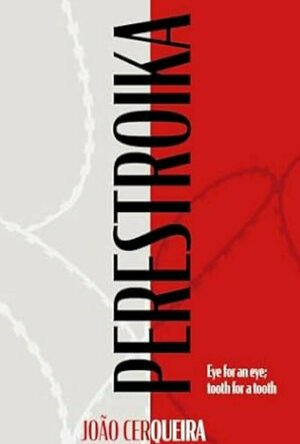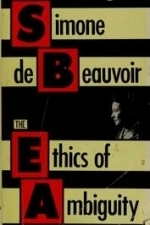
A German Requiem
Book
'For Christmas, I would like all of Philip Kerr's Berlin Noir novels.' Sam Mendes, Guardian 'Philip...
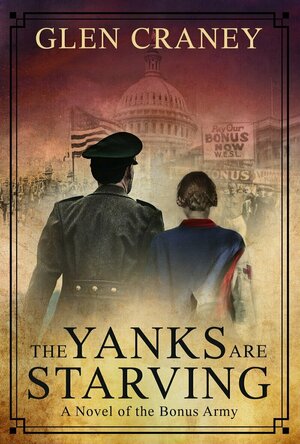
The Yanks Are Starving: A Novel of the Bonus Army
Book
Two armies. One flag. No honor. The most shocking day in American history. Former political...
Historical Fiction
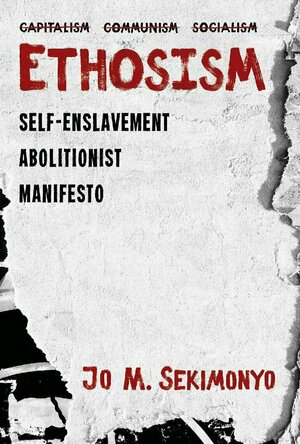
Ethosism: Self-Enslavement Abolitionist Manifesto
Book
In the global environment of trade and commerce, humankind appears to have given up its natural...
Income Inequality Sociology of Class Economic Conditions
ClareR (6091 KP) rated Perestroika in Books
Mar 10, 2024
We start off in Slavia in 1978 before any of the massive changes that will eventually take place, and we meet the inhabitants of the country: from the corrupt politicians to the men incarcerated in concentration camps. We see how people live on next to nothing and lies from the government that tell them all of their woes are because of the wicked Capitalist West.
The tables are turned on these corrupt Communists with the advent of Perestroika, and instead of Communists governing the country, an all-out crime boss finds himself in charge. But make no mistake: this was engineered by Ivan Fiorov (the crime boss) and his lackeys.
This is a story that is as relevant today as it always has been - especially with what is going on in the Ukraine at the moment. Some of the story arcs in this are horrific, and not just those that take place in the concentration camps. There’s child abuse, sexual coercion, drug abuse, neo-Nazis, violence. The people in this country experience a lot of change in a short period of time. But at the same time, everything stays the same.
Well worth a read.
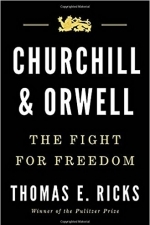
Churchill and Orwell: The Fight for Freedom
Book
A dual biography of Winston Churchill and George Orwell, who preserved democracy from the threats of...
Suswatibasu (1703 KP) rated The Ethics of Ambiguity in Books
Aug 30, 2017
As free, we have the ability to take note of ourselves and choose what to do. As factic, we are constrained by physical limits, social barriers and the expectations and political power of others. She has quite a Hobbesian approach saying human beings are responsible for their own actions and therefore have to work at creating concrete ideals rather than following an abstract notion of freedom.
She also criticises approaches that require grasping for freedom at the expense of others - adding that inadvertently reduces gaining freedom down to another form of slavery ie. Communism, Capitalism and Democracies.
She concludes that the only way you can will yourself free is to will others free in the process.
While the sentiment is there, her writing style was very repetitive in this book, and at times a little tangential. Not her best work, but still very relevant for current times.
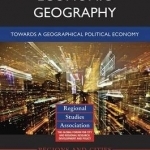
Approaches to Economic Geography: Towards a Geographical Political Economy
Book
The last four decades have seen major changes in the global economy, with the collapse of communism...
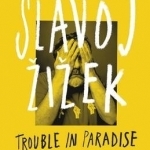
Trouble in Paradise: From the End of History to the End of Capitalism
Book
In Trouble in Paradise, Slavoj Zizek, one of our most famous, most combative philosophers, explains...
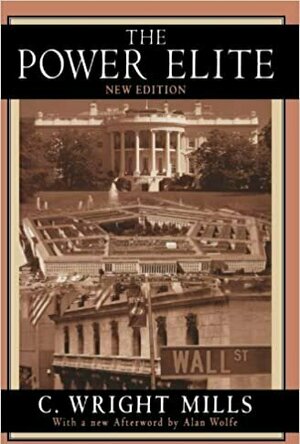
The Power Elite
Book
First published in 1956, The Power Elite stands as a contemporary classic of social science and...
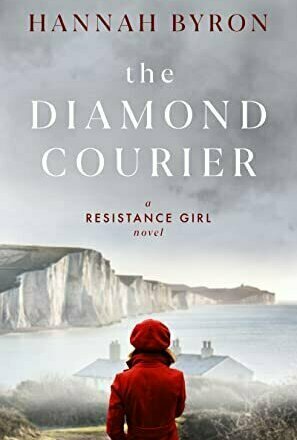
The Diamond Courier
Book
At nineteen Lili Hamilton does not want to marry Iain Brodie, her father’s right hand at...
